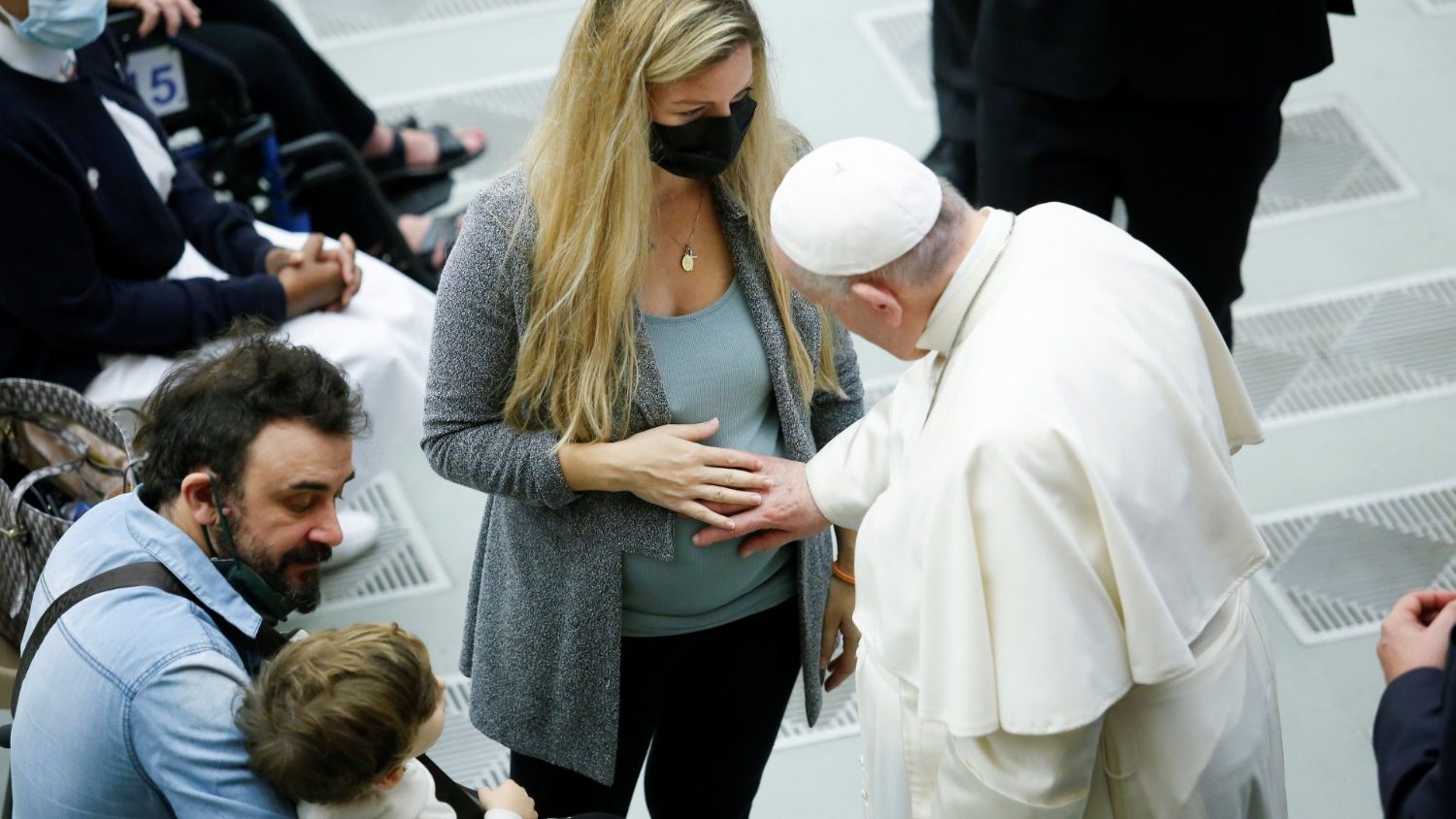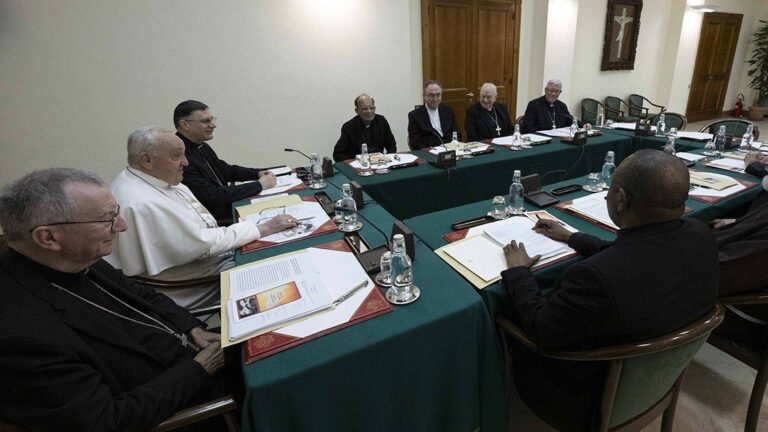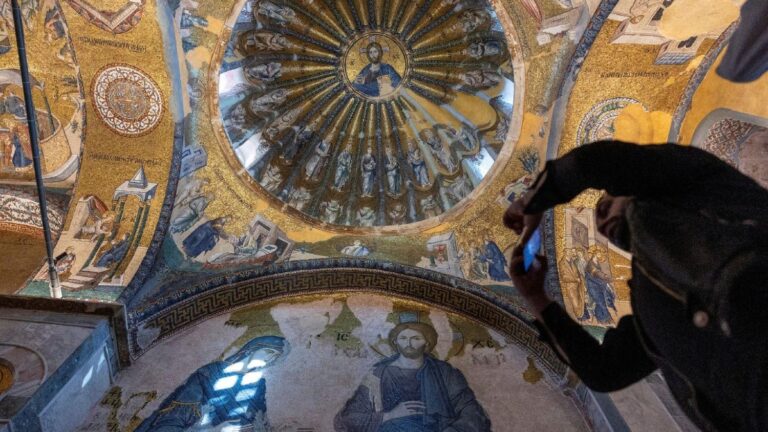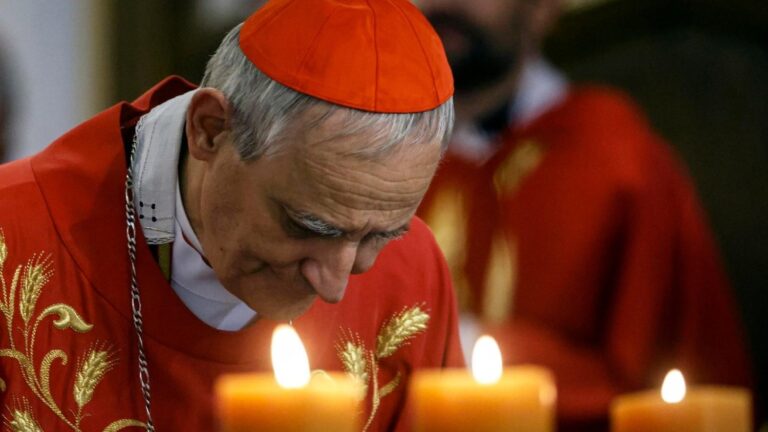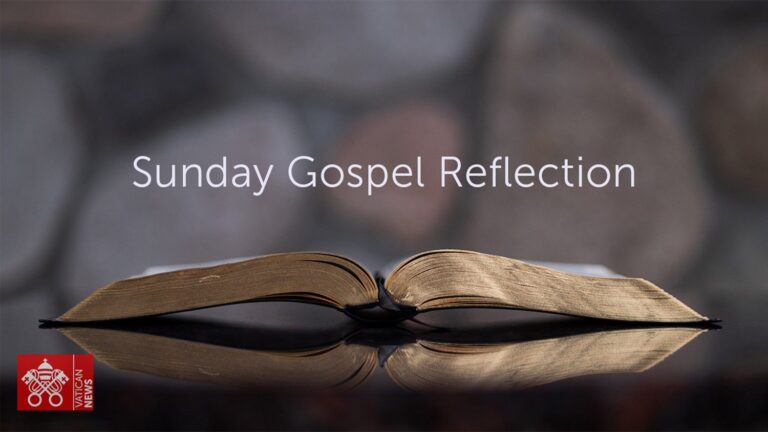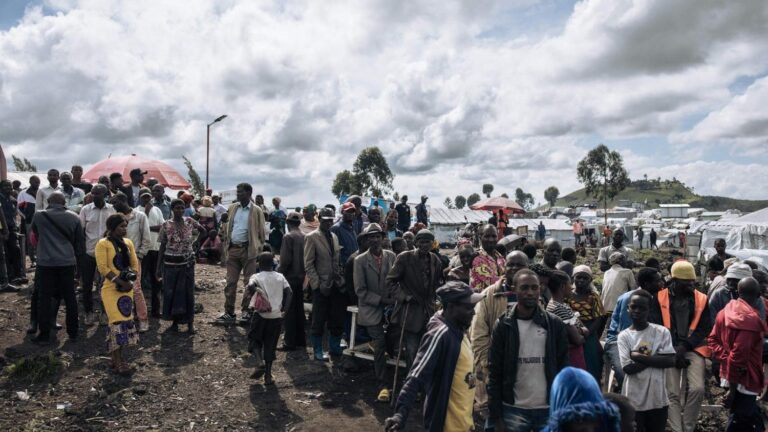EU Bishops: Abortion can never be a fundamental right
Vatican news
On the eve of the April 11 vote in Brussels on whether or not to include the right to abortion in the EU Charter of Fundamental Rights, the bishops of the European Union (COMECE) reiterate their firm opposition to this proposal. and denounce imposing ideologies.
Deborah Castellano Lubov
The human being, in any situation and at each stage of his development, is always sacred and inviolable, the European bishops reaffirmed, adding that once this conviction disappears, the solid and lasting bases for the defense of human rights of man are also disappearing.
The statement by the bishops of the European Union Episcopal Conferences (COMECE) was made ahead of the vote in plenary session in Brussels on Thursday on the inclusion of the right to abortion in the EU Charter of Fundamental Rights.
The bishops' statement comes the day after the publication of the Dignitas infinitaa document from the Dicastery for the Doctrine of the Faith which describes abortion as a “serious and deplorable” practice in its list of violations of human dignity.
Goes against the real promotion of women and their rights
The COMECE declaration is entitled “Yes to the promotion of women and the right to life, no to abortion and ideological imposition”.
The bishops expressed their commitment to working for a Europe where women can live their motherhood freely, as a gift for themselves and for society, and where “being a mother” constitutes “in no way a limitation on personal, social life and professional. “.
“Promoting and facilitating abortion,” they warned, “goes in the opposite direction to the real promotion of women and their rights,” reiterating that abortion “can never be a fundamental right.”
Fundamental to all human rights
The right to life, declared the COMECE bishops, “is the fundamental pillar of all other human rights, in particular the right to life of the most vulnerable, fragile and defenseless”, as “the unborn child in his mother's womb, the migrant”. , the elderly, the disabled and the sick.
Recalling the clear position of the Church on this subject, they insisted on the fact that it must be affirmed “with force and clarity, even in our time”, “that the defense of unborn life is closely linked to the defense of all other human rights.
Once we become incapable of understanding unborn life as something priceless, they warn, the foundations of the defense of human rights will always be “subject to the passing whims of the powers that be,” citing Dignitas infinita.
The European Union, they suggested, “must respect the different cultures and traditions of Member States as well as their national competences” and “cannot impose on others, within and outside its borders, ideological positions on the human person, sexuality and gender, marriage. and the family.”
The Charter cannot include rights not recognized by all
“The EU Charter of Fundamental Rights cannot include rights which are not recognized by all and which sow discord,” they stressed, pointing out that there is no right to abortion recognized in European or international law and that “the way in which this issue is dealt with in the Constitutions and laws of the Member States varies considerably.
The declaration ends with the EU bishops observing that the Charter, in accordance with what is written in the preamble, “must respect “the diversity of cultures and traditions of the peoples of Europe” as well as “the constitutional traditions and international”. common obligations of Member States.”
Following the inclusion of France
The vote to include this issue in the European Charter seemed to be a closed chapter, until it was resurrected recently.
Following the inclusion of the right to abortion in the French Constitution on March 4, the debate on the introduction of abortion among the fundamental rights of the EU has been reopened at European level.
Even though the resolution had already been tabled on July 7, 2022 and had aroused opposition from certain member states, MEPs decided to relaunch the proposal, which will be subject to a new vote on Thursday.
Vatican news
sc
